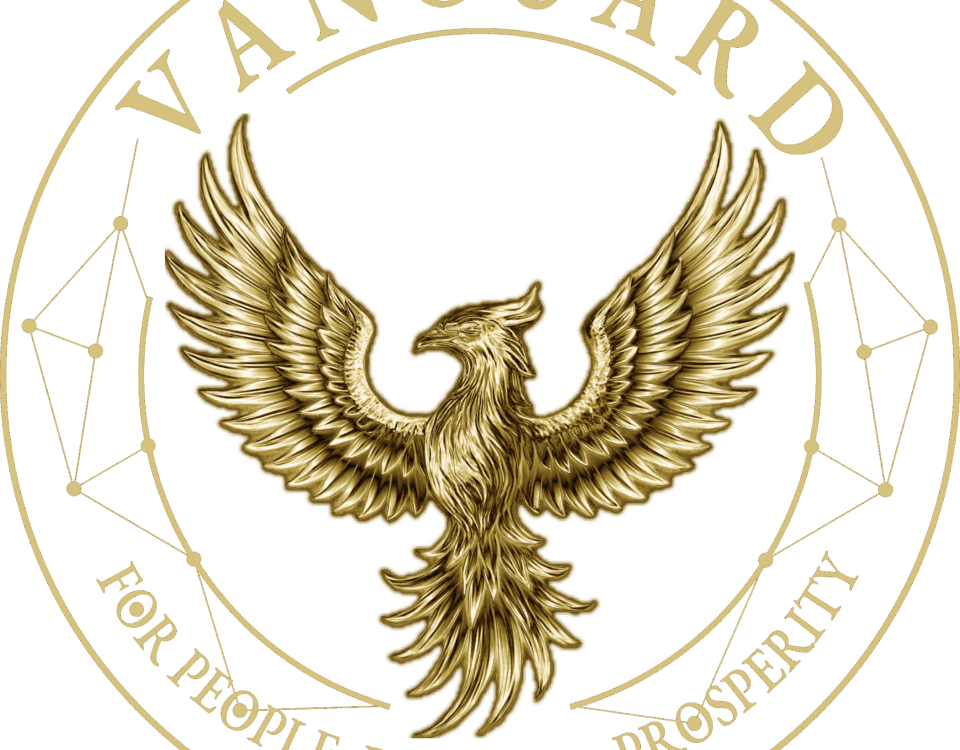10 Most Common Mistakes in CVs of Managers or Directors
When creating their CVs, many Managers or Directors make numerous mistakes, even though you would expect someone with a lot of experience to have an ideally structured CV. It drastically reduces their chances of reaching the next step in their desired career. The reasons can be a lack of time, focus, knowledge, or a combination of these or similar factors. That’s why people, regardless of their position, often turn to a career advisor for help with structuring their CV, writing a cover letter, optimizing their LinkedIn profile, interview preparations, salary negotiations, or other key elements in the selection or career growth process.
Some people, after a long corporate career, decide to transition their careers and start their own business, so they need
assistance in defining and implementing their entrepreneurial ideas or acquiring specific knowledge on how to quickly find new clients through LinkedIn, for example.
For this occasion, in collaboration with Vedran Glogović, Founder, Career Advisor, and Consultant at Game of Jobs, we present an overview of the 10 most common mistakes in the resumes of individuals in senior positions:
1. Focus on responsibilities rather than measurable results
Here, it is important to differentiate between a person’s standard job description expected for the respective position and the measurable indicators of work performance in that role. Therefore, phrases like “team leadership of sales representatives” should not be included in the CV. You have a much greater chance of getting a call for the next round of selection if you provide specific facts, such as “managed a team of 7 sales representatives who exceeded the sales target in the HORECA segment by 17% in 3 consecutive quarters in 2022.”
2. Overly lengthy CV
Regardless of your level of experience, you should be able to summarize your CV within 2 pages. Adding a third page is justified only if you list your projects and/or publications. Anything beyond that is counterproductive.
3. Too much operational focus, not enough strategic focus
It is expected that individuals in managerial and/or directorial positions dedicate most of their time to strategic initiatives, people management, or revising existing/introducing new processes to improve business operations. In many CVs, the focus is often on daily operational tasks rather than long-term strategic initiatives. Instead of providing detailed explanations of daily tasks, start with presenting the “bigger picture” of what you do and why. This way, you will help the prospective employer visualize the value you bring and how you will fit into the team.
4. CV full of clichés
Phrases like “proven team player with strong communication and leadership skills” or “innovator of out-of-the-box ideas” don’t mean anything and only waste valuable space in your CV. Try to be specific and focus on measurable indicators of your work. This way, future employers can understand what to expect from working with you.
5. Too much focus on irrelevant past experience
There is no need to provide detailed descriptions of experiences you had 10 years ago because they are most probably no longer relevant. Focus on a maximum of 5-6 bullet points describing your most recent positions, specifically those that are relevant to the job you are applying for, as emphasized by Vedran.
6. Using a generic CV for all targeted positions
One of the biggest mistakes candidates make, regardless of their seniority, is using a single generic CV to apply for all positions of interest. First and foremost, choose the target position/company carefully and make sure to tailor your CV and/or cover letter to the job you are applying for, using relevant keywords (based on the job description). Additionally, try to reflect the preferred employer’s company culture adequately (some inputs are often available on their website or in the media) or inquire further with trusted mutual contacts. Quality outweighs quantity.
7. Listing references
References do NOT need to be included at the end of the CV. You can have a list of references ready, and the employer will clearly indicate whether or not they require it and when to provide it.
8. Excessive use of professional abbreviations
It is wrong to assume that everyone knows what abbreviations like “AMC/IFSS” or “A-CASI” mean, especially if they are specific to a particular company. Recruiters often have limited time to “scan” your CV, and in many cases, the initial scanning is performed by an Applicant Tracking System (ATS). Focus instead on providing a broader picture of the challenges you faced and how/with what results you solved them.
9. Lack of mention of volunteering experience
Volunteering says a lot about the “things” that are important to you beyond work and money. If you have volunteering or humanitarian work experience, be sure to mention it.
10. “Job-hopping” or employment gaps
If you have relatively short tenures at positions, changed employers frequently, or had certain career breaks, it would be desirable to briefly explain the reasons. Having a coherent story around this will also help you during the interview, if and when it takes place.
Keep in mind that there are many other mistakes experienced candidates make in their CVs, the order of the listed
mistakes is arbitrary, and the overview provided represents the experience Vedran has encountered in his work
over the past few years. Some of these mistakes are certain paths to elimination from further selection, so it’s
better to become aware of them and correct your CV in time.
For this occasion, Vedran is gladly sharing this free 44-page guide for optimizing your CV and cover letter with all
readers. This material is filled with practical tips and we are confident that it will be useful to you in the job search
process. To explore if Vedran can further assist you in achieving a more suitable career, you can reserve a free
discovery call with him here.







